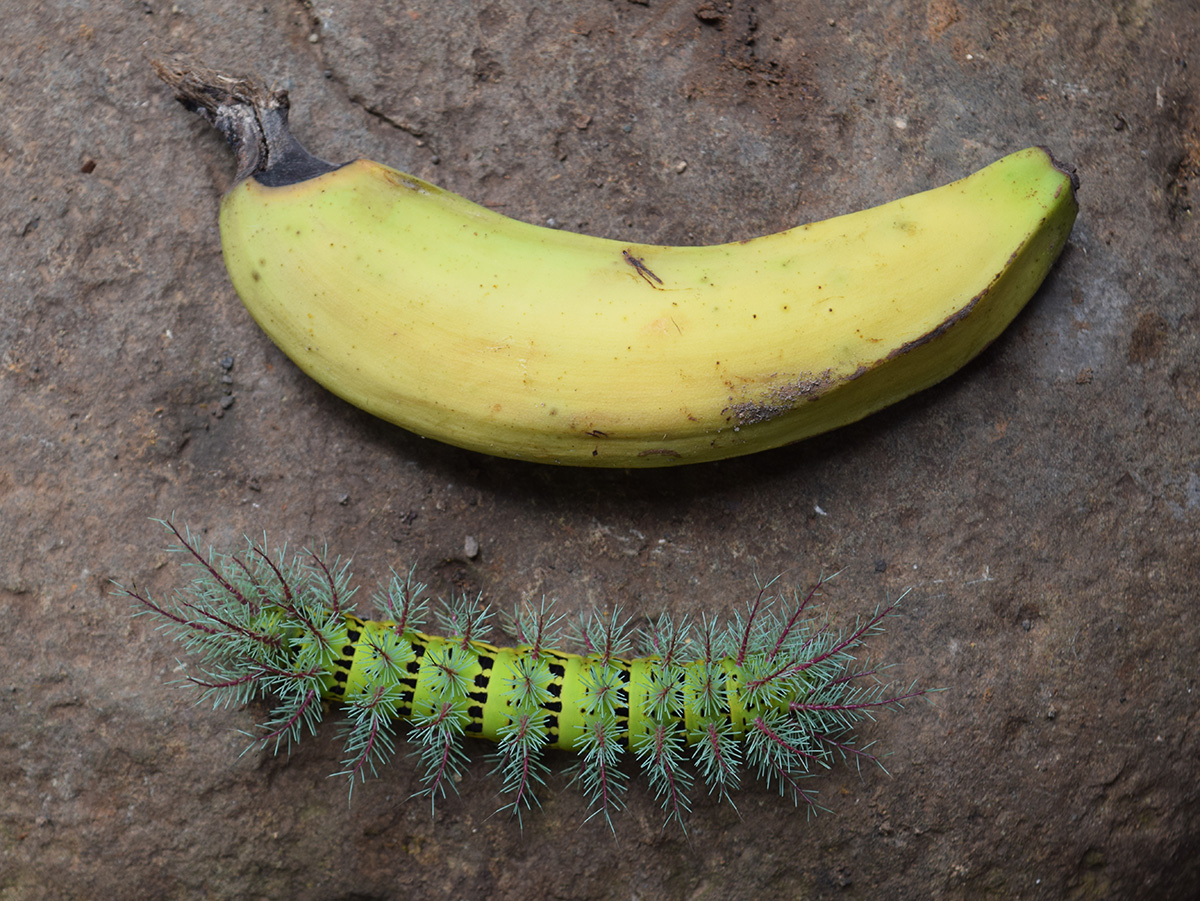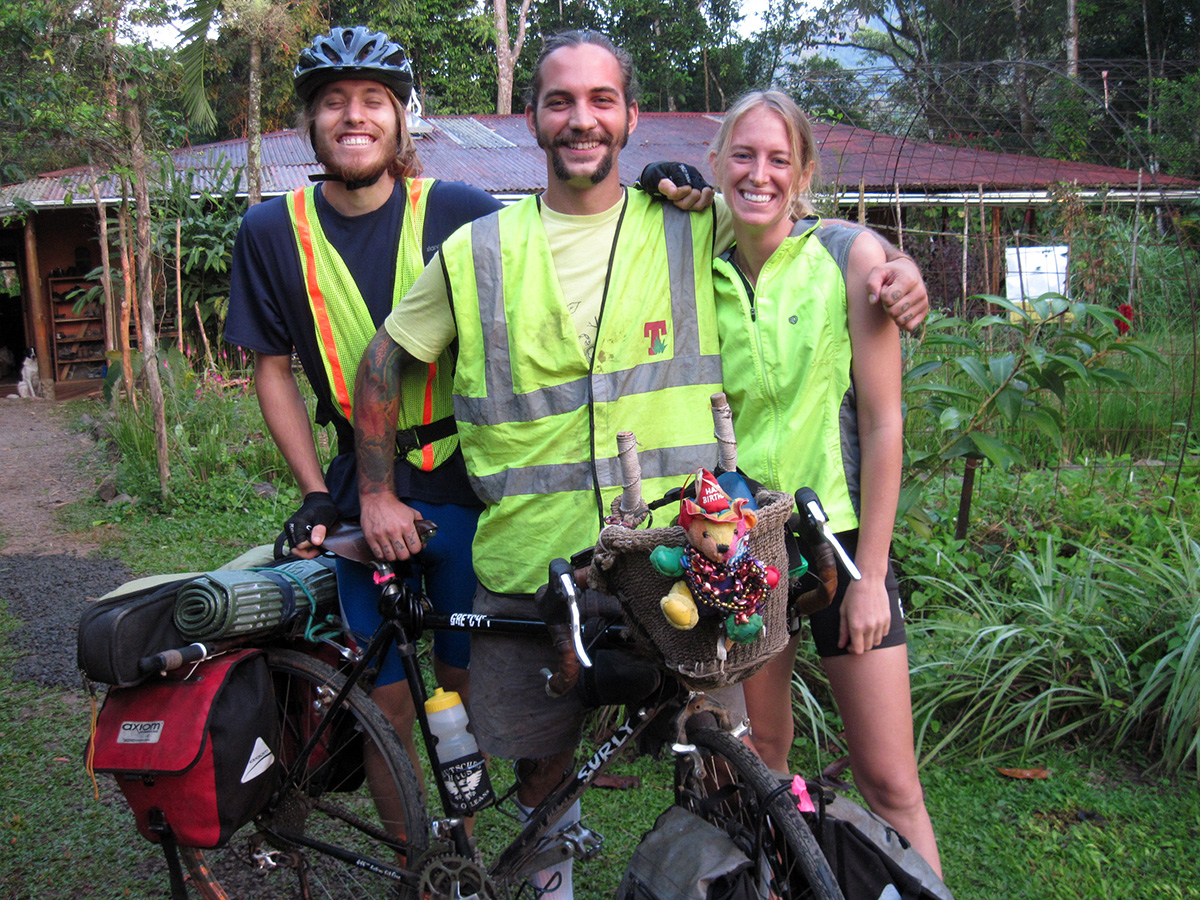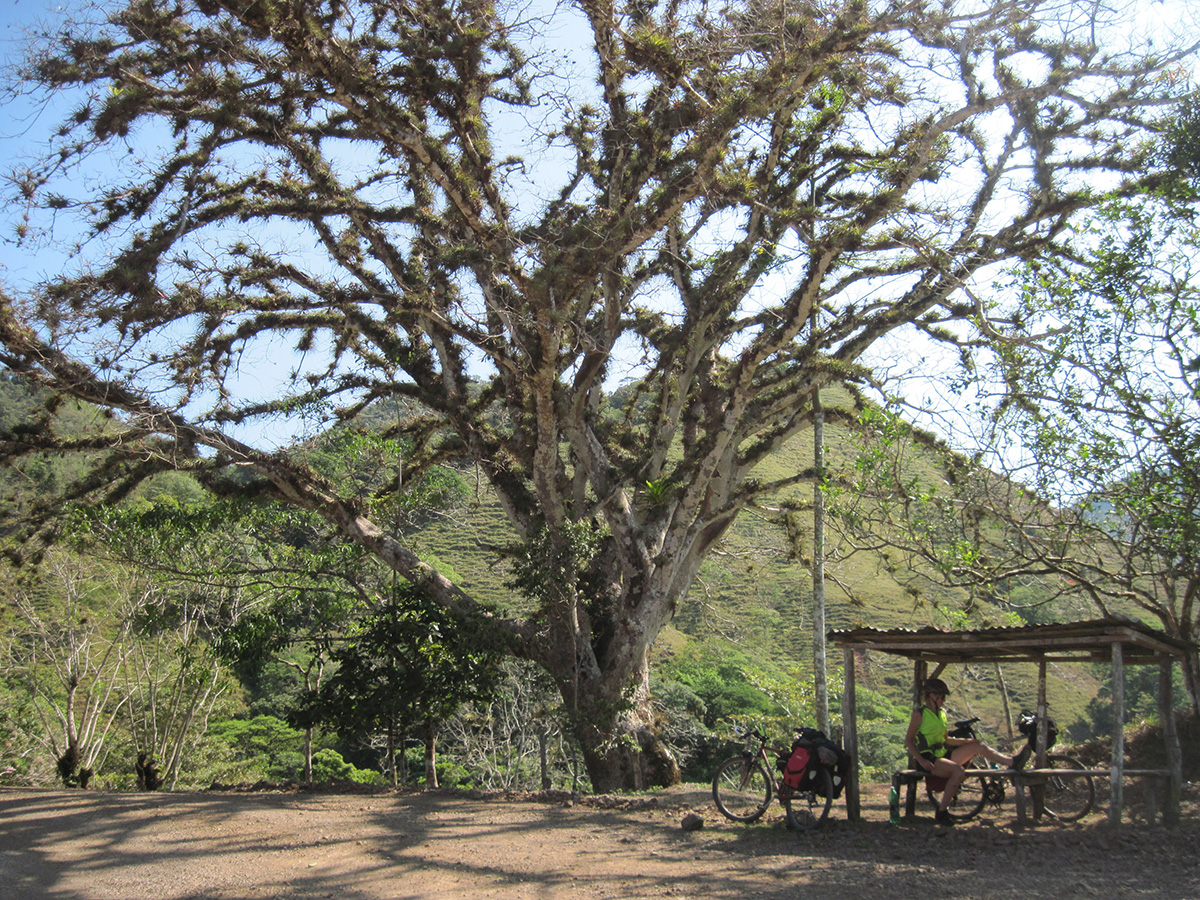Regenerative Cycles
I will never forget my first big existential crisis about the origin of “things.” I was on a farm in Central America, run by a couple who grew coffee on a hillside by a river. They did every part of the process by hand — tending the coffee bushes, picking the berries, fermenting the fruits, washing, drying, roasting, and packaging the beans. In the evening we all held hands around the dinner table and gave thanks for the blessing of food. For these two big-hearted farmers, growing coffee was a lot of work and also a labor of love.
That evening I lay in bed and stared up at the ceiling. I thought about all the cups of coffee I’d drunk over the course of my life, never knowing where the beans had come from. The majority certainly hadn’t come from small, organic family farms. I thought about all the drive-through cups I’d drunk from and tossed in the trash. A strange, uncomfortable feeling rose in my chest. I looked down at the shape of my body tucked under the blankets. The sheets felt cool and soft against my skin. Were they cotton? Polyester? What was polyester? I looked around the room at objects which no longer seemed familiar — a lamp, a brown rug, a metal chair — and tried to fathom who had made them and how. Finally, I leaned over the bedside table and took out my contacts. That’s when my mind really cracked open. I stared down at the round disk of clear plastic on my fingertip. Without it, I was nearly blind. But where did the plastic come from?

The world is a strange and complicated place, and every so often I think it’s normal to have an existential crisis about the nature of what we’re surrounded by. At that moment in Central America, I felt overwhelmed by the responsibility of my relationality. Everything I bought, consumed, used, or threw away, linked me to a tangled web of global production. How was I going to make good choices about being a human in the world if I was part of a web I knew nothing about?
A few months later, I did what I always do when I have an existential crisis: I went for a long bike ride. My then-partner Scott, our friend Simon, and I, all loaded up our bikes and started pedaling. We chose a meandering route around Costa Rica with the goal of visiting small farms and agricultural centers along the way. At the time, we were also developing experiential education programs for a sustainability education center in a rural Costa Rican village. We wanted to understand, at least in some small way, our relationship with the food web across the country.

Over the next six weeks, we bounced along rugged, rocky tracks, glided across hot pavement hugging the ocean, and zig-zagged up jungle-shrouded mountainsides. Along the way, we gathered precious tidbits of information and experiences. On a sunlit hillside, a woman showed us how she made coconut oil in a solar oven. In the heart of the jungle, we learned how to build fuel-efficient biochar stoves out of metal buckets. A man on a farm smiled and handed us heirloom beans, which we saved in a bag for planting. At a research station, we watched students chop banana stalks into a compost pile.
In other areas of the country, different stories unfolded. In the north we cycled across miles of monocultures, passing signs that warned passersby about pesticides. We talked to small farmers who no longer grew their crops because the market was flooded with cheap imports. Everywhere we went, we saw where sections of rainforest had been razed for cattle pasture. The food web was a complicated mix of many people, stories, and global forces, all converging at once.
Biking slowly across the country didn’t make the complexities any simpler. Every day we ate food, and a lot of that food came with trash — plastic from a bag of cheese, metal from a can of beans. Eventually, I looked down at my handlebars and spinning tire and realized there was simply no way out. The bike itself was built of things from everywhere. Metal frame, rubber tubes, plastic shifters. Everything an object of uncharted origin. Everything an item of compounding consequence.

Eventually, we cycled back to our starting point and resumed work at the education center. The many miles of dusty pedaling hadn’t answered all my questions, but they had helped me come to terms with the reality I was a part of. Long deep breaths and the slow motion of cycling helped me shift my perspective from one of compounding disasters to compounding solutions. No one ever gets to extract themselves from the sticky web of globalized industry, but we do get to make choices from within that web. Each choice has its own set of consequences, and those consequences create new realities.
Bikes may not “solve” every aspect of climate change, but I think they’re a beautiful and functional way of moving in the right direction. Bikes take us places, reduce carbon emissions, bring us joy, keep us healthy, and create community. This has a cascading effect, greater than the sum of its parts. As new solutions unfold, so do new stories and new realities. This is something I feel hopeful about.


